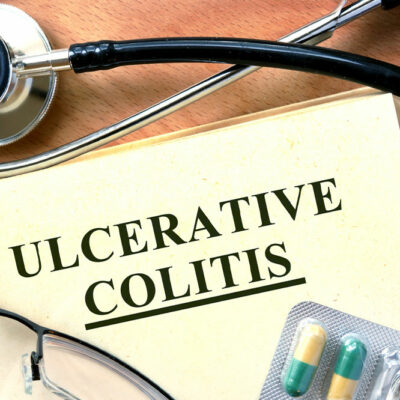Health
Top 9 foods for managing macular degeneration
Macular degeneration is a condition in which the retina’s central portion (macula) deteriorates. The macula is responsible for recording images one sees before they are sent to the brain. Macular degeneration is the leading cause of vision loss, usually affecting people over 65. However, the condition can also develop in younger individuals due to genetic factors. One could make better food choices to manage the symptoms of this condition and improve eye health. Salmon Adding fish like salmon to one’s meal plan may significantly help improve eye health. Salmon is an excellent source of omega-3 fatty acids and proteins—essential nutrients that encompass each cell in the body. Moreover, salmon is rich in a type of omega-3 fatty acid called DHA, which is commonly found in the retina and the brain. Other fish varieties that may help maintain eye health include sardines, anchovies, and mackerel. Broccoli Multiple types of leafy green vegetables, including broccoli, can provide the necessary nutrients to maintain eye health. One can also choose other healthy veggies, like bell peppers and Brussels sprouts, that are rich in vitamins A, C, and E, which help the body fight and prevent cellular damage. Carrots One of the carrot’s primary benefits for people with age-related macular degeneration (AMD) is its antioxidant called beta-carotene.
Read More 









